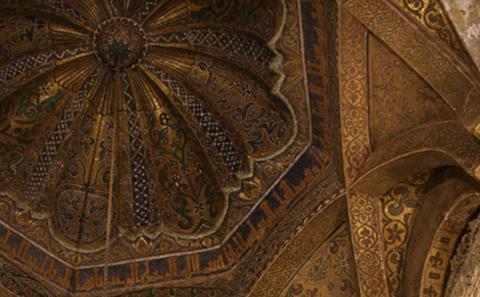Identities and Islam: Material Culture, Self and Society in the Pre-Modern Muslim World Event

- Date:
- 20 April 2013
- Venue:
- Avenue Campus University of Southampton Southampton SO17 1BF
For more information regarding this event, please email iaiconf@islamicarch.com .
Event details
“Identities and Islam” is the inaugural UK Early Career Symposium on Islamic Archaeology.
Archaeological scholarship has revealed considerable temporal and geographic variation in material expressions of identity within the Islamic world, through architecture, art, crafts, burial and subsistence, as well as in the organisation of trade and exchange. How integral was the uniting force of Islam in the construction of personal, group, and state identity in the past? To what extent can we see identity as being formed locally and diachronically - either in opposition to different external and internal cultural groups, influenced by pre-existing indigenous cultures and contemporary neighbouring states, or resulting from particular political changes?
The University of Southampton will host a free conference on Islamic Archaeology on 20th April 2013, addressing these issues. This conference aims to bring together post-graduate, post-doctoral and established scholars in the disciplines of Islamic Archaeology, as well as architectural and art history, from institutions in the UK and beyond. This will be a unique opportunity to share knowledge and expertise - uniting what has been, until now, a disparate community.
The aims of the conference are:
- To facilitate dialogue between scholars of material culture in the medieval and early modern Islamic world, from the UK and abroad
- To assess the use of material culture as an indicator and creator of different kinds of identities including ethnicity, gender, religion, and class
- To explore geographic and temporal variation in identities in the Islamic world
- To identify multiple, layered or contrasting expressions of personal identity within groups and by individuals
- To disseminate the results of new excavations and surveys of medieval and early modern Islamic sites and landscapes, where new evidence has a bearing on our understanding of identity
- To consider the relationship between the material culture of the pre-modern Islamic world and the creation of identities in contemporary nations.